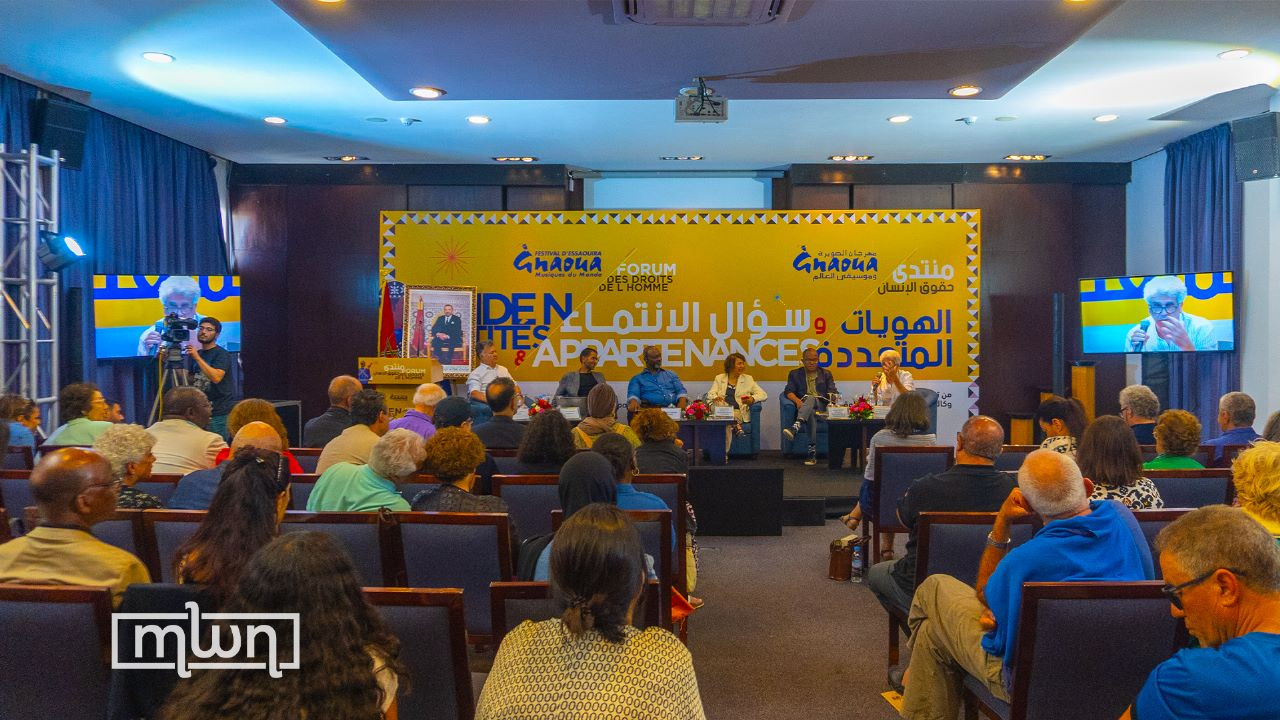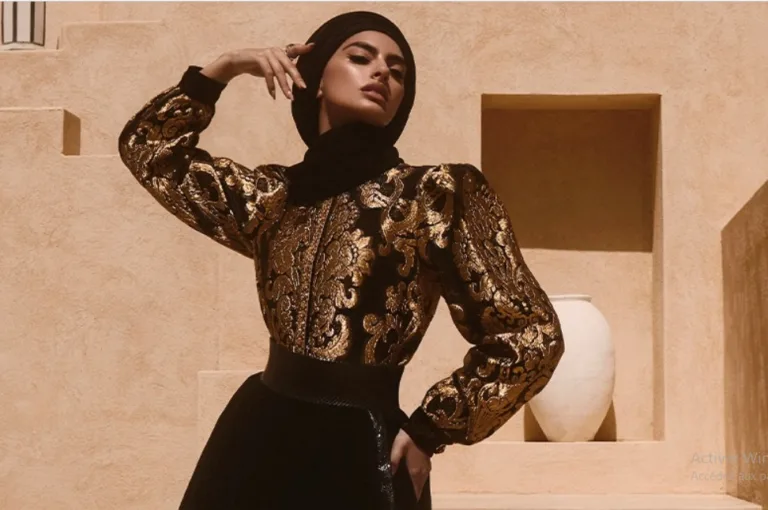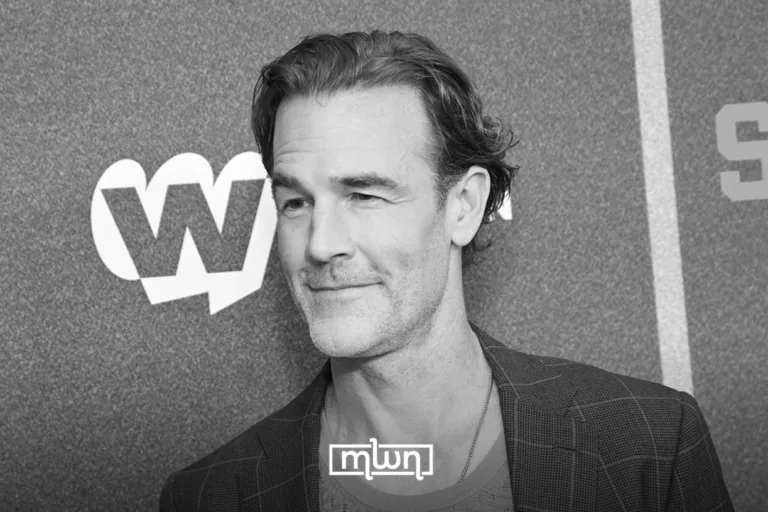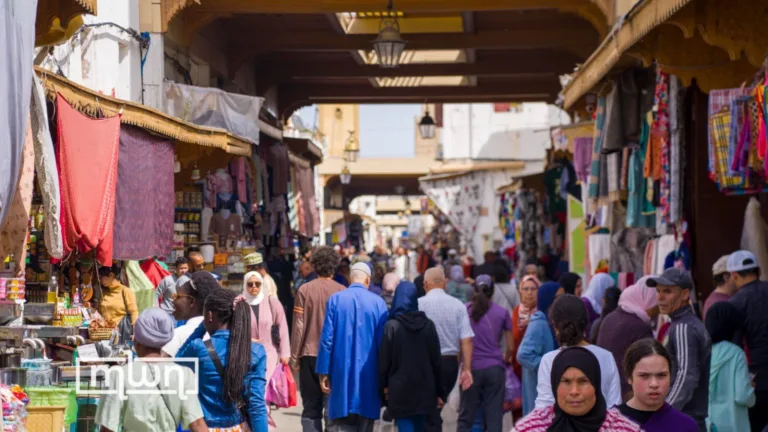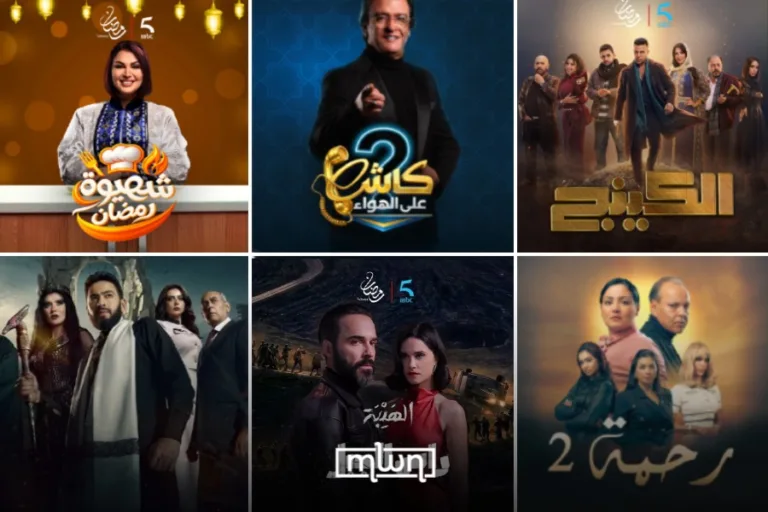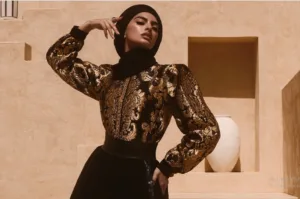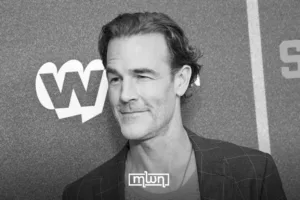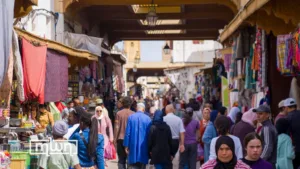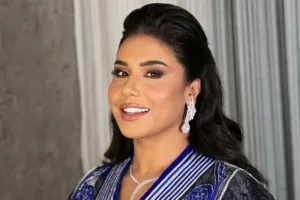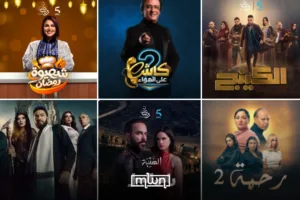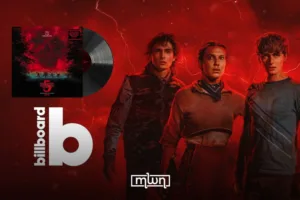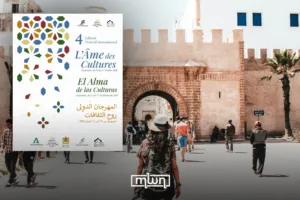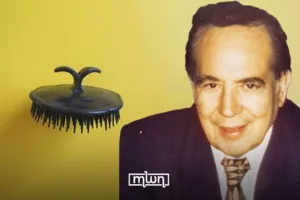The 24th Annual Gnaoua World Music Festival’s Forum of Human Rights wrapped up this past weekend with a compelling exploration of identity and belonging in a multicultural and relentless globalizing world.
The event’s fifth and final panel on Saturday featured Moroccan cultural researcher and writer Fouad Laroui, socio-cultural anthropologist Aomar Boum, Jamaican-born American actor Robert Wisdom, French politician and ministerial advisor Fadila Mehal and Casablanca-based political scientist and anthropologist Mohamed Tozy.

Day two’s panel on “Identity” centered around cultural autonomy and self-determination.
Laroui opened the discussion with a few playful anecdotes as he spoke to the importance of choice and autonomy when it comes to how one defines and expresses identity, either personally, or in the case of one story he shared, which passport one chooses to display while traveling. He himself holds dual citizenship.
“The choice of identification is deeply personal,” said Laroui.
French city councilor and advocate for culture and women’s representation in media, Fadila Mehal says that diversity and culture are essential ingredients to establishing identity.
“Diversity is the culture, it is how we determine our common values and this is how we create a new path forward,” Mehal noted, emphasizing the importance of giving platforms to underrepresented voices and stories.

“Today it’s the margins that are important, and that’s what we must honor,” Fadila Mehal added.
Mohamed Tozy discussed the importance of speaking out against societal problems, and of recognizing these problems and how they affect people and groups.
“We teach a narrative of a nation. The first narrative was constructed by people to create a nation and eradicate the Amazigh language,” he argued. “There is a second narrative that thinks of the community as an authoritarian place.”
Read also: Plural Morocco: Citizenship, Multiculturalism, and the Democratic Challenge
Tozy says that how Morocco addresses “the Amazigh and Sahara question” will determine what happens next.

Echoing this sentiment, Moroccan anthropologist Aomar Boum argued that Morocco’s educational system and politicians are important forces to address these big questions.
“Moroccan scholars have the power to actually talk about these issues. Instead of allowing conversations to come in from the outside, we can incorporate textbooks that come from our own history,” Boum said. “We are doing research that comes from our past, and in doing this we can create responsible texts for the future.”
Robert Wisdom shared his experience as a child immigrant in the United States and spoke of the difficulties of navigating multiple identities.
Wisdom also referred to ongoing identity tensions facing America following the murder of George Floyd in 2020, with book bannings of Black authors and women’s legal rights being restricted, emphasizing that strong and effective leadership in any moment of ideological change in society is imperative for the success of any social movement.

“We should have harnessed this energy to then further some democratic assurances in our constitution,” says Wisdom. “We lost the opportunity because we didn’t have the infrastructure to go before Congress and influence leadership. So now what we have is book bannings, erasing our story.”
“Through the Supreme Court, we are seeing all of these erasures happen to the identity that was fought for by incredible people for years and years. This is happening in our time.”
The Gnaoua festival offers some rays of hope in a largely grim global landscape for Black lives, Wisdom argued, pointing out that there has been disheartening regression in the rights of women and Blacks in America.
“I think that this project has successfully moved forward to bring a group of people called the Gnaoua to the world, bringing a culture to the world; If we can do that here, then we can do that in other places,” Wisdom concluded.

